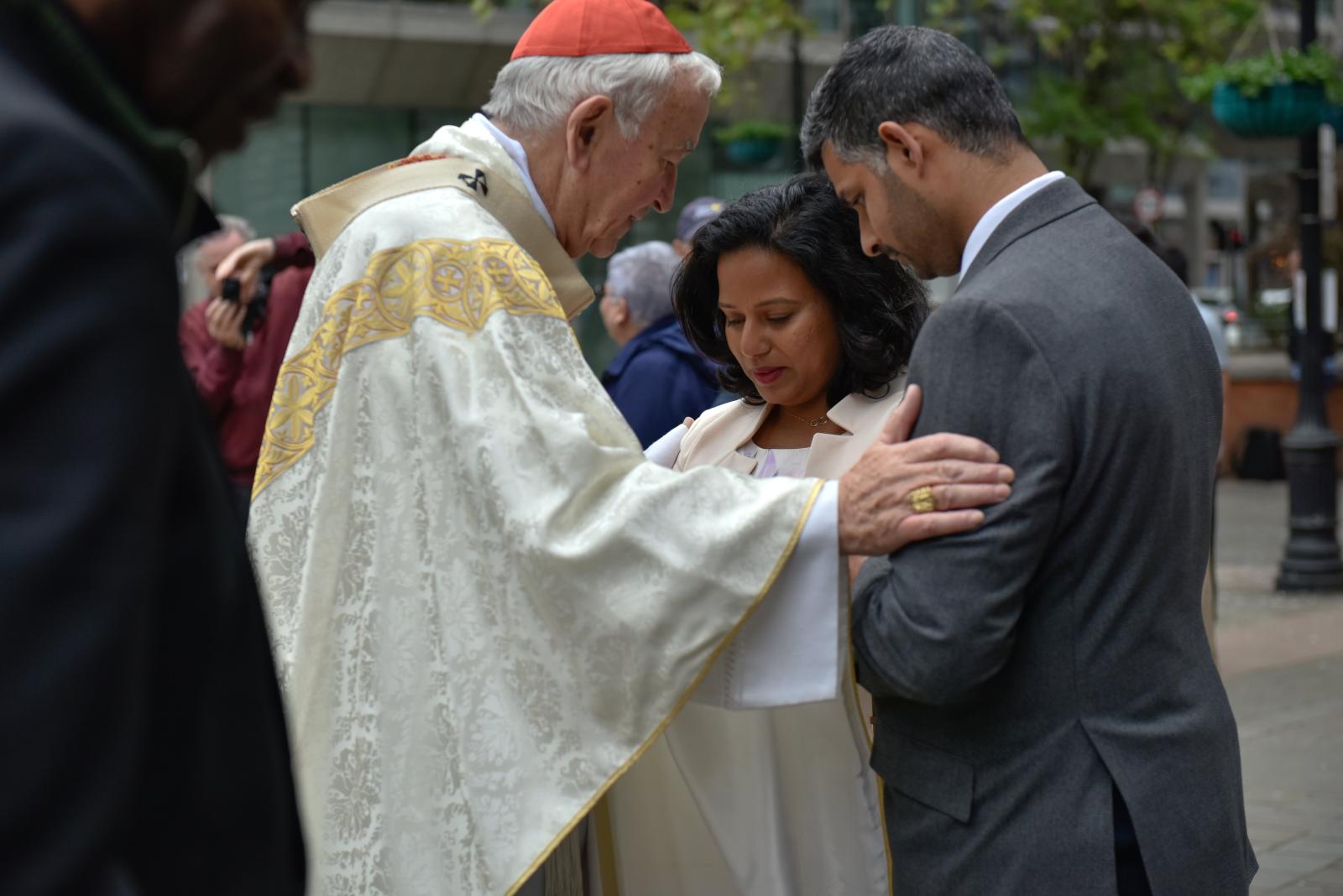By Deacon Roger Carr-Jones
Marriage & Family Life Coordinator
One of the many pleasures of the summer break is snuggling down to read a book. This varies from the delight of reading something new, through to the more nuanced one of returning again and again to an old favourite. The latter practice provides the opportunity to understand the text better, to pay greater attention to the details and to find ourselves drawn more deeply into the narrative. It is an opportunity for new surprises and clarifications, where we recapture the magic of the story and better retain the tangled plots. It also means that we become more aware of how the book was written, of its language and words.
Books come in a variety of forms, some of which are easy to read and others that require time and patience. Of this, one form is associated with family, social history and legends, the Saga. The style is unpretentious and unadorned. They are great to read. These long and epic stories written in a poetic form also seem well suited to one of the greatest narratives ever written, the story of our married love. It is one where, as co-authors, we record the events and deeds of a shared life. This does, however, require some mutual editing and periodic revisions as memories may vary, especially when we were distracted by writing with one pen rather than two.
At times our shared story can be written carelessly and untidily, yet in the rereading we often discover a new vocabulary with which to write the onward narrative. As this is a living narrative it cannot be left to gather dust on the shelf but remains open to new entries and rereading of our past. Returning to our never-ending story is surprisingly a healthy practice in which we can retaste the flavours and episodes of our shared love. It provides the opportunity to add footnotes to those passages where healing is needed and the chance to reveal more openly our love and care.
Rereading the story of our married love is not a process of careful editing and reframing of our past experiences: instead it is about noticing. Our journal of married life is not so much written in the form of a love story; rather, it is a book about love, which is much more complex, exciting and enhancing. Fairy tales tell us that ‘they lived happily ever after’, whereas these living narratives of married love began with the words ‘I do’, the complexity of which are discovered afresh on each and every page.
This reflection was written for the Alliance of Catholic Marriage Organisations
